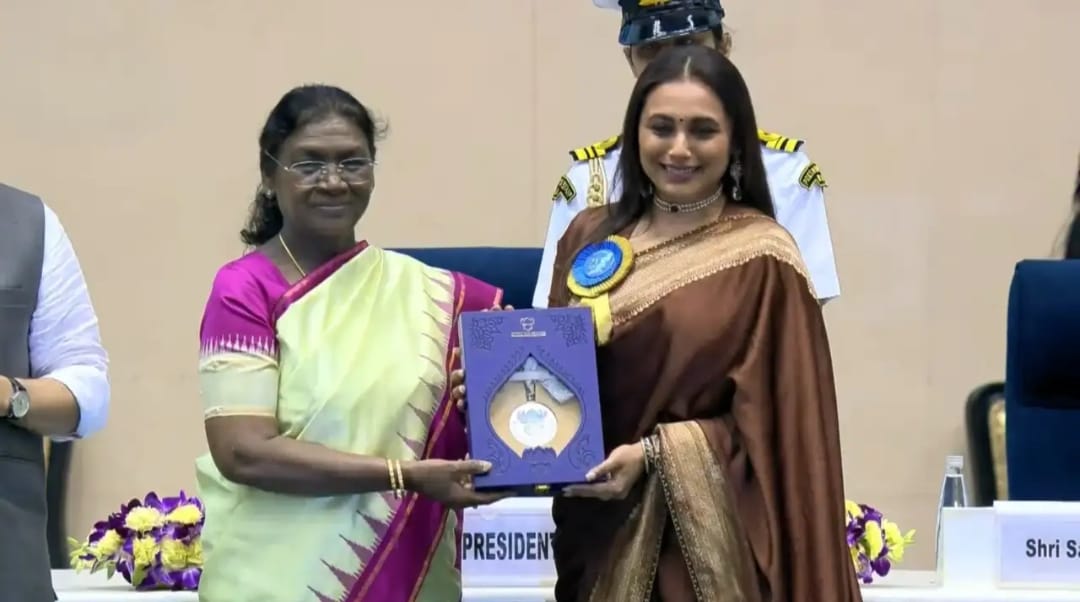In what is being hailed as a milestone for India’s semiconductor ambitions, a telecom system powered entirely by domestically manufactured chips has received certification from the Telecommunication Engineering Center (TEC).Union Minister for Electronics and Information Technology Ashwini Vaishnaw announced the achievement on X, calling it a “big leap for India’s semiconductor story.” He said the TEC approval proves that chips designed and made in India are now capable of powering complex telecom systems while meeting international quality and performance benchmarks.
Big leap for India’s semiconductor story!
— Ashwini Vaishnaw (@AshwiniVaishnaw) September 5, 2025
In a first, a telecom system running on ‘made in India’ chips has cleared the standards & quality tests (TEC certification). ???????? pic.twitter.com/tFQLF04Ool
What the TEC Nod Means
TEC certification is more than just a regulatory requirement. It is the Department of Telecommunications’ official assurance that a product meets stringent safety and performance standards. For telecom equipment—forming the backbone of India’s rapidly expanding digital economy—this validation is critical. The certification essentially places Indian-made chips on par with their global counterparts, paving the way for deployment in both domestic and export markets.
Why the Milestone Matters
India has long relied on imported chips to power devices ranging from smartphones and telecom towers to automobiles and data centers. The TEC nod marks a significant step toward reducing this dependence, aligning with the government’s Make in India and Atmanirbhar Bharat goals, particularly in electronics and semiconductors.While India has not yet commissioned a full-scale advanced fabrication plant, it has been steadily developing expertise in chip design, assembly, and testing. Current manufacturing efforts are focused on mature nodes in the 28nm to 65nm range—technologies that, though not cutting-edge, remain vital for telecom, automotive, and industrial applications.
India’s Position in the Global Chip Race
Global semiconductor leaders are racing to dominate sub-5nm chips, essential for AI and advanced smartphones. India, however, is charting a distinct path by focusing on mature nodes, a supply chain segment exposed during recent global shortages.According to a recent analysis by Bastion Research, India’s strategy is to provide world-class integration services and scalable solutions rather than directly competing with manufacturing giants like TSMC or Samsung at the bleeding edge. The report emphasized that India already possesses strong engineering talent and design capabilities, positioning it to meet global demand and expand quickly.
The Road Ahead
Industry experts note that the TEC certification is both symbolic and practical. Symbolically, it validates India’s progress in semiconductor self-reliance. Practically, it offers confidence to domestic telecom operators and equipment makers to adopt homegrown chip-based systems, reducing reliance on imports.With the certification, India has taken a decisive step toward establishing itself as a credible player in the global semiconductor ecosystem—one that balances local needs with export potential while steadily advancing towards self-sufficiency.
.jpg)
 Newsinc24 Team
Newsinc24 Team 

















Related Items
MP Tourism experience center at KidZania wins two gold awards
GENIUS Act, US economic revival, global tensions take center stage
India receives WHO certification for elimination of Trachoma